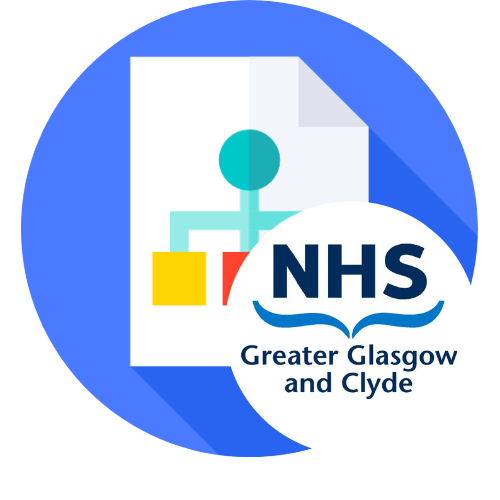Vaginal Bleeding (second trimester/less than 24+0 weeks gestation), maternity assessment (986)

| Please report any inaccuracies or issues with this guideline using our online form |
Management of women presenting with vaginal bleeding in the second trimester (<24+0 weeks gestation) and a positive pregnancy test.
Applicable unit policies:
- Anti-D Administration Following Antenatal Sensitising Events in Rhesus Negative Women
- PPROM
- See EPAS Guidelines
Bleeding less than 17+0 weeks: Refer EPAS (Clyde <20+0 weeks) – out of hours contact Maternity Assessment.
Bleeding > 17+0 weeks: Refer to Maternity Assessment (Clyde > 20+0 weeks).
Opening Hours EPAS:
RAH – 0900 - 1700 hours Monday – Friday
VOL – 0900 – 1700 hours Monday – Friday
IRH – Mornings only Monday – Friday
PRM – 0830 – 1630 hours (7 days)
QEUH – 0800 – 1600 hours Monday – Friday; 0830 – 1630 hours Saturday/Sunday
For All Women:
- Record accurate history (noting amount of bleeding and any related events such as pain or intercourse). Note any risk factors for cervical incompetence (previous history/cervical surgery).
- Record blood pressure and urinalysis.
- Perform clinical examination including abdominal palpation and assessment of fundal height.
- Review any previous ultrasound if available. A low placental site <24+0 weeks should not preclude speculum examination.
- Auscultate fetal heart if fundus palpable.
- Speculum examination and LVS is indicated when:
- No previous speculum examination has been performed this pregnancy
- If pain/bleeding indicative of high risk of miscarriage.
- If risk factors for, or clinical suspicion of cervical incompetence.
- Repeat speculum examination should not be a routine procedure.
- Check Rhesus status and need for Anti D
- Ultrasound is indicated when there is diagnostic uncertainty. Urgency of ultrasound depends on clinical situation.
Maternity Assessment Action:
- If bleeding settled and examination normal discharge home.
- If associated pain or continued vaginal bleeding consider admission.
- If findings suggest cervical incompetence Middle Grade to discuss with on-call Consultant
- If ruptured membranes refer to linked policy
- If any concerns re the appearance of the cervix then a more senior obstetrician should inspect cervix and consider urgent referral to Colposcopy.
- Any administration of steroids before 24 weeks gestation should be a Consultant decision.
